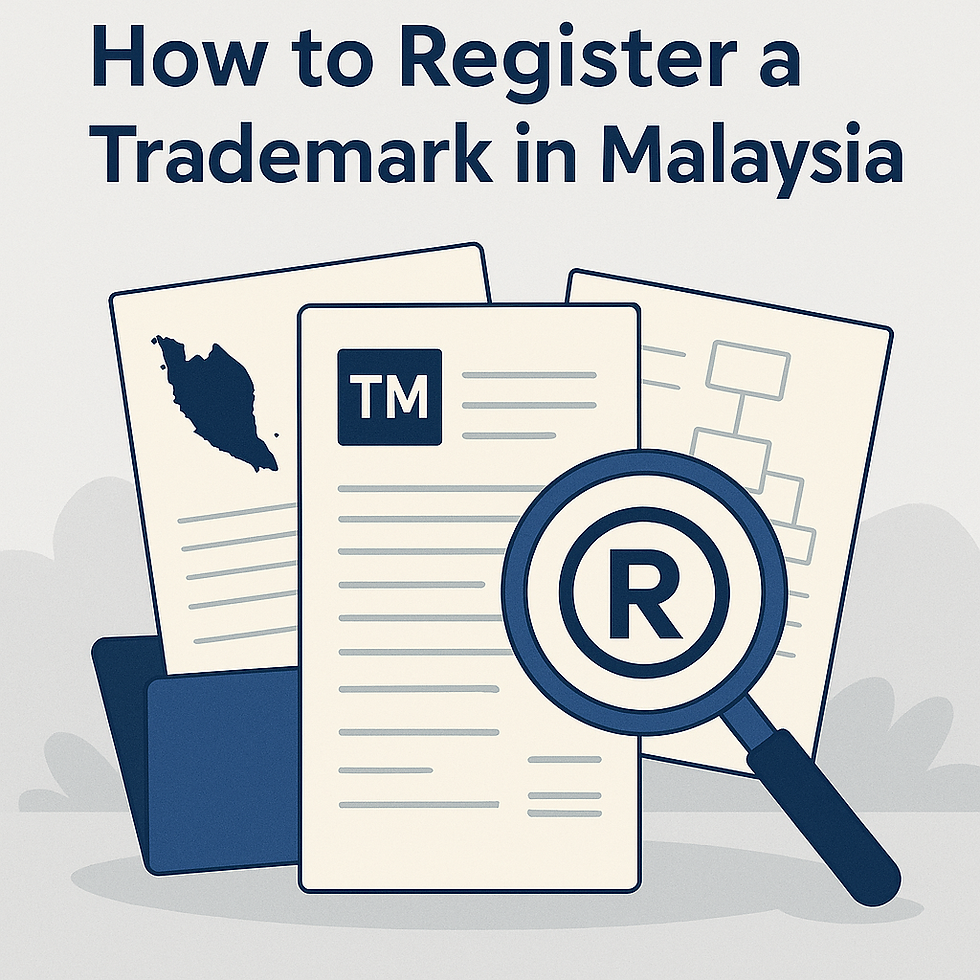Recipes for Copyright Disaster
- Joel Cheong

- Mar 3, 2021
- 2 min read

For many chefs, the internet is a great recipe book where any recipe is but a web search away. However, seekers of the world’s greatest recipes most often have to read through an entire epic poem of someone’s culinary odyssey before they get to the overly worded recipes and instructions that your grandma could have given you if you haven’t been such a spotted dick.
Seeing the torments of would-be chefs, Recipeasly is a website touted to help users get straight to the money-shot recipes without having to read through the Kama-Sutra text about how one had to seduce some aging ajumma to uncover the secrets behind her Michelin star-winning kimchi.
However, Recipeasly’s instant gratification didn’t sit well with many recipe writers. Because by ripping the recipes off the websites, Recipeasly has not only stolen the recipes which were, more often than not, the result of hours and hours hard work, but it also denied recipe writers the potential revenue that could have been generated from visitors visiting their websites. Due to all the bad press, Recipeasly was taken down with an apology put up in its place.
Recipes, regardless of whether they are written in books or webpages or if someone took the effort of prefacing them with a 1000 word story of their life, are considered literary works that are protectable under copyright. For, as long as it is original, a work in written or other material form will enjoy copyright protection. Unlike other forms of intellectual property, copyright protection comes into existence upon creation of the work and does not require any form of application at the IP office for it to be valid. So, if you created original content and published in your website, you have a right to stop others from misappropriating it.
On the other hand, if you are an app/web programmer implementing a data aggregation function for your app/website, e.g. creating a travel app that displays relevant information pertaining to a particular touristy location where the information is gathered from other websites, care must be taken to ensure that copyrightable works are not inadvertently copied and reproduced in the travel app.
This is because certain forms of information such as charts and tables, mundane as they may be, are also copyrightable works if they are original in nature. So if your app/website generates a graph that shows how busy a place is during a particular time of the day based on publicly available data which you have collated, that shouldn’t be an issue, but if that graph was copied off a website and displayed on yours without permission, that could land you into some trouble.
If you scrolled all the way to the bottom just to get to the point of the article, well, you’re in luck: inappropriately using someone else’s copyrighted material is a recipe for disaster. If you’re unsure whether you can print a picture of a carpet-chested Hoff off the internet for your bedroom wall, why not give us a holler? After all, we’re here to help.





Comments